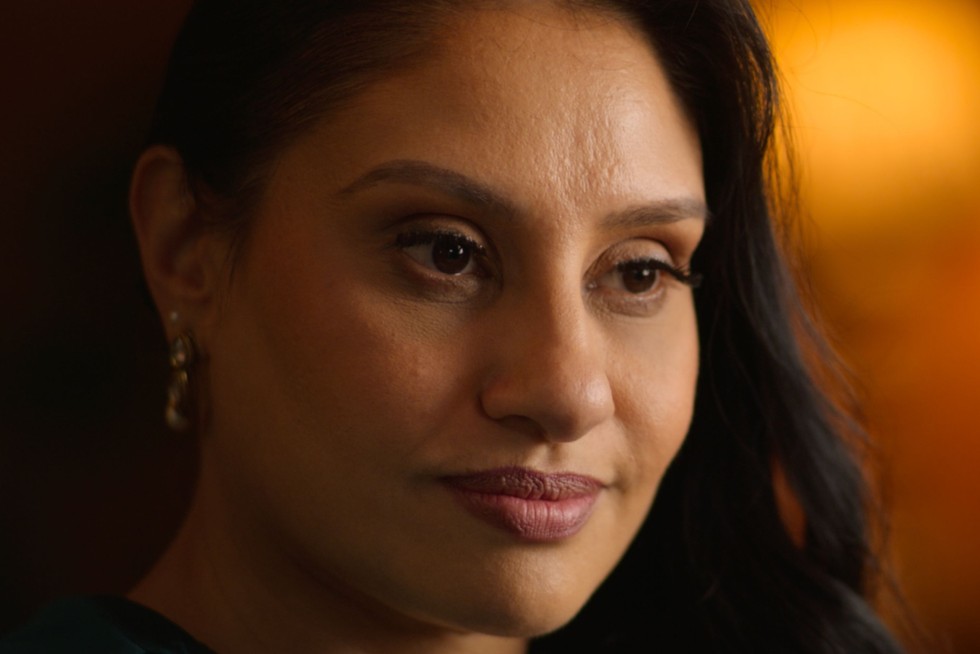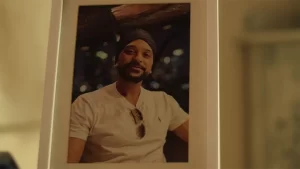Catfish Victim Kirat Assi Opens Up About Nine-Year Deception
3 min read

Kirat Assi’s story began innocently enough with a friend request that changed her life forever. In 2009, she received a message from Bobby, a seemingly charming cardiologist. The two shared connections within West London’s Sikh community, making Kirat feel she had found a kindred spirit. Their online conversations blossomed into a deep emotional connection, transforming into what she believed was a genuine love story.
However, as the years passed, the pair never met in person, despite their increasingly intimate exchanges. Bobby provided a string of bizarre excuses for their lack of meetings—claims of a stroke, being shot, and even entering witness protection. Kirat, believing these elaborate tales were supported by close friends of Bobby’s, remained entranced and unaware that she was ensnared in a complex catfishing scheme.
After nine years of correspondence, Kirat finally met Bobby face-to-face, only to be met with an unexpected reality. The person standing before her was not the man she had fallen in love with but rather her female cousin, Simran, who orchestrated the entire deception. This shocking revelation left Kirat grappling with feelings of betrayal and disbelief, leading her to question her own judgment: “How could you have been so stupid?”
Kirat’s traumatic experience was highlighted in the popular podcast “Sweet Bobby,” produced by Tortoise, and has recently been turned into a Netflix documentary. Sharing her story has sparked curiosity and skepticism, with many people wondering how someone could fall victim to such an elaborate ruse.
In her discussions, Kirat emphasizes that she is not foolish. “I’m not stupid, I’m not dumb. I’m the one that’s chosen to speak,” she states, challenging those who judge her. Her decision to go public stems from a desire to encourage others in similar situations to share their experiences and to combat the stigma surrounding such issues in the South Asian community.
Kirat, who comes from a Punjabi background, recognizes the reluctance within her community to discuss painful topics. “We are so scared to open up about these issues,” she explains. Victims often suffer in silence due to fear of how their community will be perceived by the wider society. Her father’s reaction exemplifies this reluctance; he prefers to ignore the details of her story rather than confront the pain associated with it.
Despite her family’s traditional values, Kirat expresses love and understanding for her father’s perspective. However, she longs for more open dialogue about such sensitive matters. She wonders how her experience might have differed had she grown up in a different environment, suggesting that cultural backgrounds heavily influence how individuals cope with trauma.

Despite facing negative reactions and questions about her experience, Kirat remains open to discussion. “If you do see me, don’t be scared to approach me,” she encourages. “Let’s have a discussion about it.” This willingness to engage is part of her healing process, although she admits that finding closure remains elusive.
Simran, the mastermind behind the deception, declined to participate in the documentary, opting instead for her story to be portrayed by an actress. Although Kirat successfully pursued civil action against her cousin, receiving both compensation and an apology, she is frustrated that Simran has not faced criminal charges. “I’m not OK with that person being out there,” Kirat asserts, reflecting on the need for accountability.
While Kirat may never fully understand Simran’s motivations for the extensive deception, she refuses to let it define her. “I don’t carry the victim mentality around with me,” she states, focusing instead on rebuilding her life and pursuing her dreams. Despite the pain of her past, she is determined to move forward, including re-entering the dating scene.
Kirat’s journey highlights not just the personal fallout from her experience but also the broader implications of catfishing and the importance of community support. She hopes that by sharing her story, she can inspire others to speak up and challenge the stigma surrounding such issues.
“Sweet Bobby: My Catfish Nightmare” is now available on Netflix, offering a glimpse into Kirat’s harrowing yet ultimately empowering story.